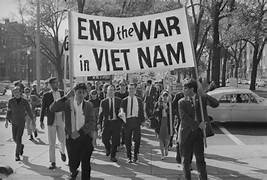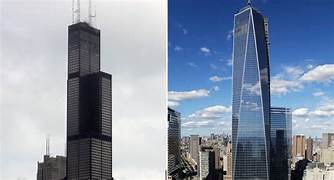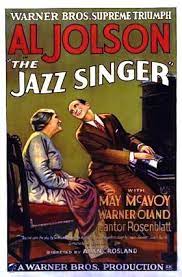On October 15, 1965, the United States witnessed a significant turning point in public sentiment towards the Vietnam War with a series of large-scale anti-war demonstrations held across the country. These protests, collectively known as the "October 15th Moratorium," represented a growing opposition to America's involvement in the Vietnam War and marked a significant shift in public opinion.
The Vietnam War was a highly controversial conflict that lasted from 1955 to 1975. As the war escalated, so did opposition to American involvement, both domestically and internationally. The October 15th Moratorium was a coordinated effort by anti-war activists to stage peaceful protests and demonstrations in cities and towns across the United States to express their opposition to the war.
The protests on October 15th, 1965, were unprecedented in scale and scope. Hundreds of thousands of people participated in demonstrations, marches, and rallies held in major cities such as New York, Washington D.C., and San Francisco. The protests were not limited to college campuses or activist circles; people from all walks of life, including students, teachers, professionals, and veterans, participated in the demonstrations.
The October 15th Moratorium served as a powerful visual representation of the growing opposition to the war. The sheer number of participants and the peaceful nature of the protests sent a strong message to the government and the public that a significant portion of the population no longer supported America's involvement in Vietnam.
The demonstrations on October 15th, 1965, had a profound impact on public opinion and helped galvanize the anti-war movement. The widespread media coverage of the protests brought the anti-war message to millions of Americans, many of whom had previously been indifferent or unaware of the realities of the war. The images of peaceful protesters and their demands for an end to the conflict resonated with a growing number of people across the nation.
The October 15th Moratorium also sparked a wave of activism and organizing against the war. It inspired more people to join anti-war organizations, participate in subsequent demonstrations, and engage in other forms of protest and resistance. The movement gained momentum, leading to larger and more widespread protests in the years that followed.
The demonstrations on October 15th, 1965, also had political implications. They put pressure on the government to reevaluate its policies and consider alternative approaches to the war. The anti-war movement's demands for an end to the conflict and the withdrawal of American troops became more difficult to ignore as public sentiment shifted against the war.
While the October 15th Moratorium was a significant moment in the anti-war movement, the Vietnam War continued for several more years. The conflict would see further protests, both large and small, and continued to divide the nation. It was not until 1973 that the United States signed the Paris Peace Accords, effectively ending its direct military involvement in Vietnam.
The October 15th Moratorium of 1965 remains a significant event in American history. It marked a turning point in public sentiment towards the Vietnam War and helped mobilize a broad-based anti-war movement. The demonstrations on that day demonstrated the power of peaceful protest and the ability of ordinary citizens to influence government policy. The October 15th Moratorium stands as a reminder of the importance of public engagement and activism in shaping the course of history.






